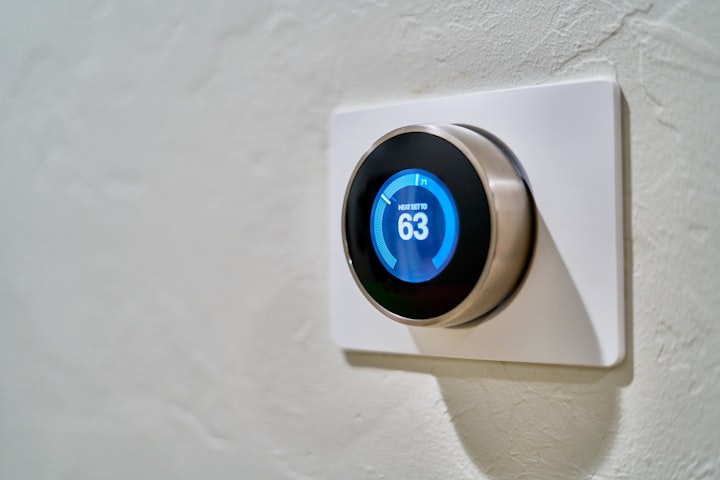How to Save On Your Bills: Utilities
In our final installment, we wrap up the series by discussing one big savings point for your monthly budget.

I remember when I was a kid, I was such a weirdo. I never did anything the right way. It was a shortcut here, a leftover screw there, anything that I did was kind of off.
There was one year, that I decided it was my duty as a kid to help my parents save on their utility bills. I called it "Save the Bills Month" and off I went.
Some of the below pieces are things I did way back then and other items that I've picked up on along the way.
Here are a few ways you can save on your utilities:
1. Shop better rates:
This is one I have never personally deployed, but have heard of many people posting significant savings.
Living in the Northeast, most homes are heated in one of three major ways: Oil, propane or natural gas. Of course, there's electricity, but we'll cover that later.
Most companies that offer you service for heating costs will provide you with a few ways to save.
In mid-to-late October you'll begin seeing advertisements for locking in your rates for the winter. Take advantage of those ads and get a cheaper rate on heating fuel. Especially in a year like 2020, those rates could suddenly skyrocket and you would be left to pay exorbitant costs during the winter just to heat your home.
Another option, and one of my personal favorites is the monthly cost option. Instead of coming out to your house to fill you up based on usage, the company will come out and fill you up at a set cost. Let's say $60 per month. If you are paying a rate of $2 per gallon for propane, then you'll get 30 gallons per month, year round.
The second option is my favorite because it helps you budget. The biggest budget buster for people just starting is adjustable costs and not knowing how to allocate them. This is a great way to allocate costs for yourself without breaking the bank.
2. Check for leaks:
This one seems as simple as opening up the cabinets, but it's really a bit more complicated. Twice per year, you should check your home for leaks.
Maybe you've noticed that your water tank in your toilet is running at odd times. Get it checked or better yet, YouTube it and learn a new skill at the same time. Leaking toilets not only save you money on water bills, but also could save you major expenses down the road depending on the location.
Check your siding to make sure nothing blew off during storm season. These could lead to major year-round energy waste as you aren't trying to heat or cool the outside.
Electricity leaks are another big one. When you leave a room, turn off the lights. When you aren't charging your cell phone, unplug the charger. If you leave for a long weekend, unplug everything except for the refrigerator.
3. Manage the thermostat
When I was a kid, I can remember my dad always setting the thermostat to 60 degrees at night. It was a ritual that right before he went to bed the thermostat went down.
As I got older, I understood why. At night, you don't need much heat to keep yourself warm. You have blankets and comforters to help with that. In your house, you also don't need much. Keep your pipes from freezing and if you can, you can even go down a few more degrees to 55 and save even more.
Try to keep your house at 68 degrees in the winter and 73 degrees in the summer. You'll notice huge cost savings for every degree that you go down in the winter and up in the summer, especially if you are on electric baseboard heat or central heat and air conditioning.
While we're talking about central heat and air, get those systems serviced and maintained as required. It's absurd to invest all of that money into something, only to not cover it in the winter or never maintain it for maximum efficiency. Not covering the unit in the winter or maintaining it would be like buying a brand new Mercedes Benz and never changing the oil and air filters.
You might even invest in a smart thermostat for your house. Imagine being away from home, and being able to turn your thermostat down since you aren't there in the winter. Then better yet, you know you'll be home in an hour so you grab your phone and turn it back up so you walk into a cozy home.






Comments
There are no comments for this story
Be the first to respond and start the conversation.